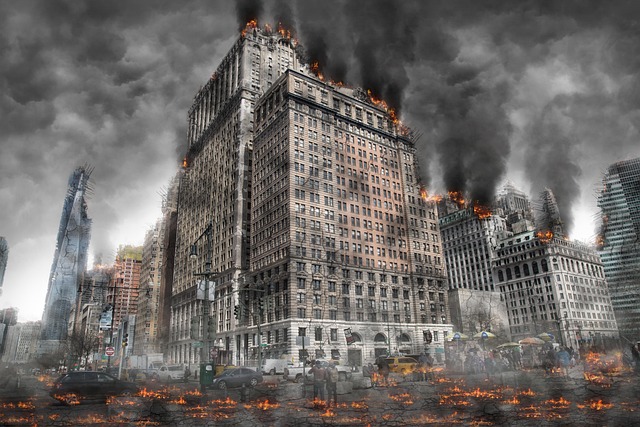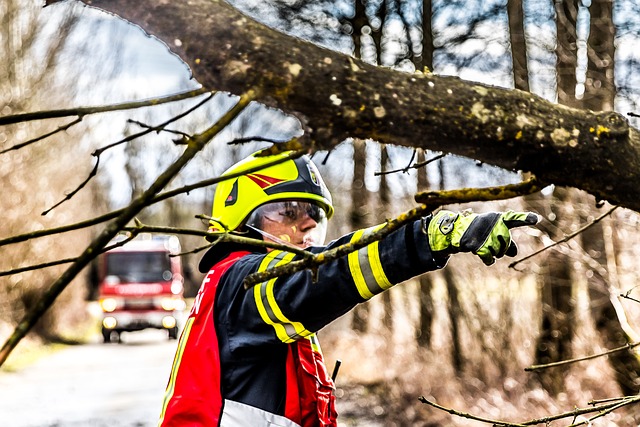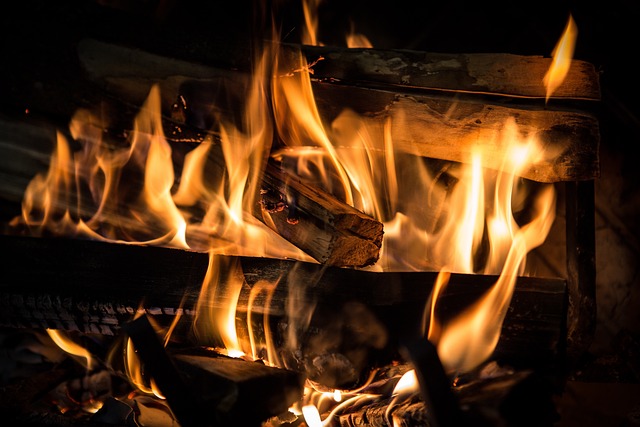Selling a house with fire damage in California necessitates professional guidance due to unique market dynamics and legal considerations. Post-fire valuation involves structural repairs, health hazards, and reduced appeal, often leading to significant depreciation. California law emphasizes insurance adjuster and appraiser roles in assessing costs, decreased value, and environmental remediation needs. Homeowners should consult experienced professionals for fair assessment during the selling process, navigating repair/replacement decisions, transparency requirements, and strategic marketing to minimize damage effects on property value. Using keywords like "selling a house with fire damage California" enhances online visibility for prospective buyers.
After a devastating fire, reassessing your property’s value is crucial for Californians facing both financial and emotional challenges. This comprehensive guide navigates the complex process of post-fire property valuation in the Golden State. We explore key factors in assessing fire damage, the insurance role, legal considerations, and strategic repair vs. replacement strategies to maximize resale value. Selling a house with fire damage requires expert advice, so we provide essential tips for navigating the real estate market and successfully marketing your California home.
- Understanding Post-Fire Property Valuation in California
- Assessing Fire Damage: A Comprehensive Guide
- The Role of Insurance in Property Valuation After a Fire
- Legal Considerations for Selling a House with Fire Damage
- Enhancing Your Property's Value: Repair vs. Replacement Strategies
- Navigating the Market: Selling Tips for Fire-Damaged Homes
Understanding Post-Fire Property Valuation in California

Selling a house with fire damage in California involves a unique set of considerations compared to traditional real estate transactions. Post-fire property valuation requires specialized expertise and a deep understanding of the local market dynamics. After a fire, properties often face significant depreciation due to structural damage, potential health hazards, and reduced market appeal.
California law provides specific guidelines for handling post-fire valuations. Insurance adjusters and appraisers must account for the cost of repairs, decreased property value, and any environmental remediation needed. Homeowners selling their damaged properties should consult with professionals who have experience in these cases to ensure a fair assessment. This process is crucial for accurately determining the house’s worth in the aftermath of a fire and facilitating a smooth transition during the selling process.
Assessing Fire Damage: A Comprehensive Guide

When it comes to assessing fire damage in a property, especially after putting a house on the market in California, a comprehensive and thorough evaluation is paramount. The process involves meticulously examining every aspect of the structure to pinpoint both visible and hidden scars left by the fire. This includes checking for structural integrity, identifying charred or smoke-damaged areas, assessing water damage from fire-fighting efforts, and documenting any blackened or warped surfaces.
Professional appraisers skilled in post-fire property valuation play a crucial role here. They employ specialized knowledge and tools to estimate the cost of repairs, determine depreciation, and assess the overall value of the property both before and after the fire. This meticulous approach ensures that homeowners selling their California properties with fire damage receive fair market value, providing peace of mind during an already stressful time.
The Role of Insurance in Property Valuation After a Fire

After a fire, one of the first steps homeowners in California often take is to contact their insurance providers. Insurance plays a pivotal role in the property valuation process during and after a fire. The extent of damage is carefully assessed by both the insurer and the policyholder, with the goal of reaching an accurate value for the home that was affected. In cases where selling a house with fire damage is considered, the insurance company’s assessment can significantly impact the final sale price.
The insurance adjuster will inspect the property, taking detailed notes on the damages, including structural issues, smoke and water stains, and any losses of personal belongings. This information is crucial in calculating the cost to repair or replace the property. In some cases, if the damage is extensive, insurers may offer a total loss settlement, which can then inform the selling price for owners looking to move on from their fire-damaged home.
Legal Considerations for Selling a House with Fire Damage

When it comes to selling a house with fire damage in California, there are several legal considerations that homeowners must be aware of. The first step is understanding the scope of repairable and non-repairable damages. In many cases, minor repairs can be made to mitigate the effects of the fire, which can increase the property’s value and marketability. However, extensive or structural damage may require more significant renovations, potentially impacting the selling price and negating any potential cost savings from a quick sale.
California law requires transparency in real estate transactions. Homeowners must disclose known issues, including fire damage, to potential buyers. Failing to do so could lead to legal repercussions, as it is considered fraudulent or negligent representation. Additionally, building and safety codes come into play, ensuring that any repairs meet specific standards. Compliance with these regulations is crucial to avoid future legal complications and ensure a smooth selling process for a house with fire damage in California.
Enhancing Your Property's Value: Repair vs. Replacement Strategies

When it comes to post-fire property valuation, one of the key considerations is whether to repair or replace damaged areas. In California, where selling a house with fire damage is common, understanding this decision is crucial for maximizing your property’s value. Repairs focus on restoring the home to its pre-fire condition, appealing to buyers who prefer authentic, historical homes. This strategy can be cost-effective and may retain the original character many buyers appreciate.
On the other hand, replacements offer a fresh start by rebuilding with modern materials and designs. This approach might be more appealing for buyers seeking contemporary living spaces or those dealing with extensive damage. While it could increase the property’s value, replacements come at a higher cost. Therefore, appraisers should carefully assess the scope of repairs needed versus the potential gains from replacement to ensure an accurate valuation that attracts the right kind of buyer in the California market.
Navigating the Market: Selling Tips for Fire-Damaged Homes

After a fire, selling a home in California can be a challenging process due to the visible signs of damage and potential concerns from prospective buyers. However, with careful preparation and strategic marketing, it is possible to navigate this difficult market successfully. The first step is to conduct thorough repairs and renovations to minimize any remaining evidence of the fire. This might include replacing damaged walls, flooring, and ceilings, as well as addressing any structural issues caused by the blaze.
When putting a fire-damaged home on the California real estate market, it’s crucial to be transparent about the history of the property. Provide detailed documentation of all repairs made, ensuring potential buyers understand that the house has been restored to its pre-fire condition. Consider highlighting any upgrades or improvements made during the renovation process, as this can add value and appeal to discerning buyers who appreciate well-managed properties. Professional photography and home staging can also play a significant role in showcasing the home’s potential and helping it stand out amidst competitors in the market.
When navigating the complex process of selling a house with fire damage in California, understanding post-fire property valuation is key. By comprehending the unique considerations involved, from assessing damage and insurance roles to legal aspects and market strategies, homeowners can make informed decisions. This guide equips you with the knowledge to navigate the journey, ensuring a successful sale that maximizes your recovery after such a traumatic event.






